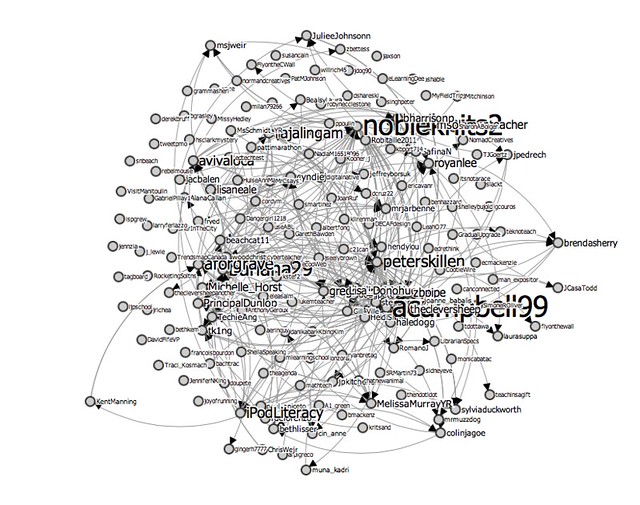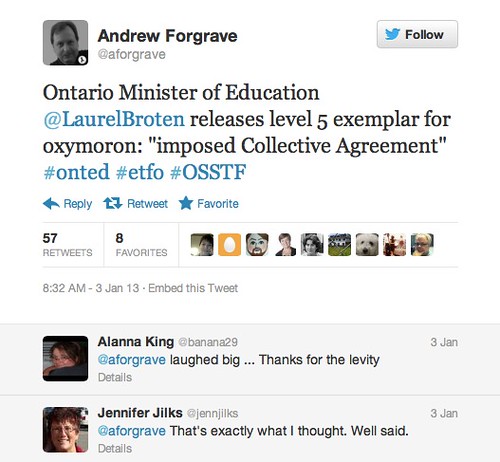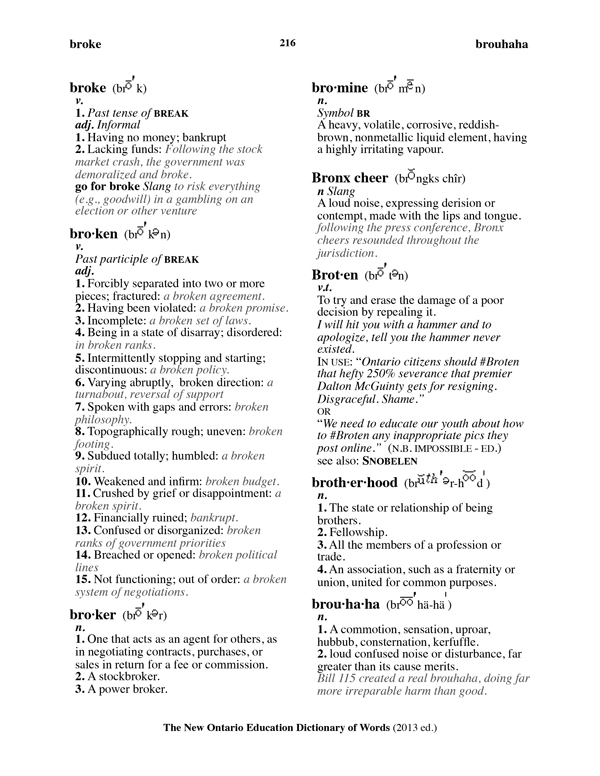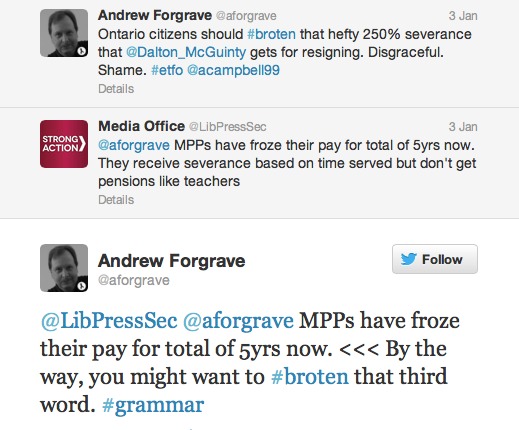Let’s Look Behind the Cloud of the #ontsm Tag 16
There is a wonderful opportunity for Learners and Learning lingering behind this visual representation of participants who used the #ontsm Twitter tag over the past 60 hours or so. Dig into the conversations and tweets, and join into the conversation yourself. While this cloud capture image was made last night, there’s a whole related, yet untagged story developing on Twitter today and the emerging collection of blogs posts that have arisen since yesterday’s Pearson social media “summit” event. More will follow.
While I hope to find the focus and the time to extend my thoughts again on this blog in the coming days, at this point I’d like to float out some initial points that (I think) folks need to let resonate a bit:
What’s Going On?
- the traditional publishing industry is undergoing a need-to-survive process of redefinition in the age of the Internet, web 2.0+, and mobile devices; education publishers are part of this larger group
- social media is a rapidly growing force in our society, of which we are only beginning to understand the effects;
- educational institutions, governing agencies, and schools are at varying stages of an initial response to the recent advances in technology that are already exerting a massive influence on informal learning;
- connected educators are actively seeking and wanting to help education evolve in response to the same forces;
- the institutions of learning will be required to undertake the same need-to-survive process of redefinition that newspapers, the music industry, television, and other “published” media have had to address since the high-speed Internet connected world has arisen — post-secondary institutions are already at it — ask them about MOOCs.
I fear that too few educators and educational institutions are as yet actively engaged in real conversations about where formalized learning is headed in the medium-to-long term. (Envisioning where we’re headed takes research and focus, we don’t yet get support for Google 20% time for innovation in our line of work.) Our parent partners and our society in general are not yet asking this question loudly enough — but one day, they will. Our learners, from their own perspective, ask this question on a daily basis.
Economics and Learning
There is a not insignificant tension between the decisions made in an effort to influence / respond to economic pressures on one hand, and the laudable goal of educating ourselves and our children on the other hand; one need only look at recent decisions within the province of Ontario related to the provincial deficit and contracts to see this at a superficial level. However dig below that and ask questions about how closely what schools do relates to the larger economic picture (standardized training for jobs, the factory model of learning, corporations the provide education content) and one can see that there is a close intertwining of the two. Stepping back and educating for the love of learning and creativity and art is hard to do from a standpoint of a business case. It’s much easier to design teaching for concrete results, than it is to create an educational environment that support learning for creativity. Please note that I use the words teach, teacher, student, schooling distinctly from educator, learner, etc.)
Get Involved
The Pearson get-together yesterday was only one instance of a gathering of educators in one space where the beginnings of conversations about the future of learning, social media, technology, communities, pedagogies, business took place. Conversations at grass-roots edCamps are continual (to date, there have been eight instances in Ontario, edCampHamilton takes place this coming weekend), conversations at events like the annual ECOO conference (#ecoo13 bringITtogether.ca October 23-25 in Niagara Falls) are in preparation, and the conversation is ongoing during the in-between times at events like the annual August Unplugd.ca retreat in Algonquin Park. And of course these discussions occur all the time online, and at other events outside the boundaries of our province. Anyone should feel that it’s okay to share their thoughts on these issues.
Unfortunately, it is all too easy to marginalize / ignore / dismiss / avoid that which we do not understand, or that which we fear, or not to focus attention on that great big elephant over there in the corner of the room in the hopes that it is just a figment and will go away if we wait long enough. It can be too easy to say, “that’s not my job,” or “that’s above my pay grade,” , or to feel ignored, or to delegate our collective responsibilities to someone appointed to “deal with it,” or, after countless attempts, to give up in frustration and stop trying to make a difference. That we develop and exercise our voice as part of a collaborative effort remains one of the most important — and social — potentials that social media provides for us. For this reason, it is important — dare I say, critical — that educators understand and act to see that it clearly understood by our learners (and, by extension, society) as we move forward. Why should we let our learners be subject only to the dominant Voices of the traditional institutions and publishing agents? Should we not seek to empower everyone with an educated Voice?
Perhaps it’s time to see and ensure that our role as educators extends beyond the boundaries of our classroom walls — in the same way that we seek to integrate the external world within them.
Where is Learning going?
I invite you to join in this conversation, here, and with the authors of other posts written in conjunction with this event.










